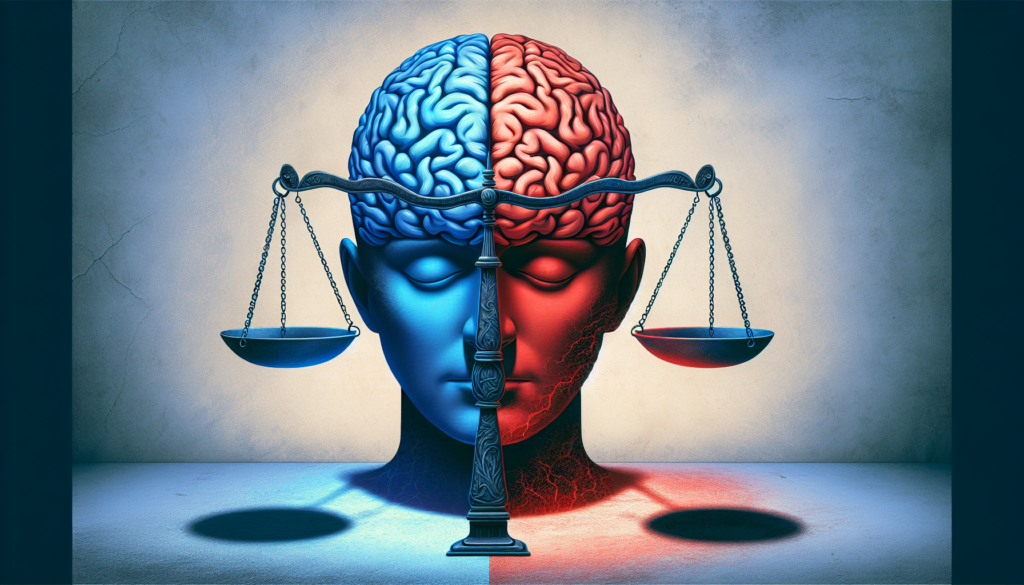A School of Life, navigating spiritual realms through ancestral wisdom and the sacred Iboga.
Bwiti is a profound spiritual tradition and cultural path practiced by various tribes indigenous to Central Africa, particularly in Gabon, Cameroon, and the Republic of Congo. This tradition is deeply rooted in the use of the Tabernanthe iboga plant, a central sacrament revered for its potent psychoactive properties, which are believed to facilitate spiritual growth, healing, and personal transformation. The Bwiti tradition, dating back many centuries, intertwines aspects of animism, ancestor worship, and in some instances, Christianity, into a syncretistic belief system that emphasizes community, personal growth, and a deep respect for nature.
Origins and Practices
The origins of Bwiti are shrouded in the mists of time, with its practices predating written history and likely originating from the forest regions of Central Africa. The tradition is believed to have been passed down from the Pygmies, who discovered the Iboga plant and its remarkable effects on consciousness and spiritual insight. This spiritual discipline is recognized as one of Gabon’s three official religions, highlighting its integral role in the country’s cultural and religious landscape.
Ceremonial Use of Iboga
Central to Bwiti practices is the ceremonial use of Iboga, a plant known for its visionary properties. Practitioners, under the guidance of a spiritual leader or nganga, participate in rites of passage and healing ceremonies that utilize Iboga to induce profound spiritual experiences. These ceremonies often involve music, dance, and elaborate rituals that facilitate communication with ancestors and the spiritual realm, aiming at personal and communal healing and transformation.
Bwiti and Its Branches
There are several branches within the Bwiti tradition, each with its distinct practices and teachings. These include Fang Bwiti, known for its emphasis on ancestor worship and healing, and Missoko Bwiti, which focuses on knowledge, protection, and the holistic use of plants and herbs for spiritual and physical well-being. Despite the diversity among branches, a common thread unites all Bwiti practitioners: a profound respect for life and a commitment to spiritual growth and community well-being.
Music and Dance in Bwiti
Music and dance play a pivotal role in Bwiti ceremonies, serving as a bridge to the spiritual realm. Instruments such as the Ngombi, Mvet, and Mungongo, along with drums, are integral to these rituals, creating a vibrant, trance-inducing atmosphere that enhances the spiritual experience. These elements, combined with call-and-response singing and rhythmic dancing, foster a deep sense of community and shared spiritual journey.
Contemporary Challenges and Recognition
Despite its ancient roots and cultural significance, Bwiti faces challenges, including misconceptions and legal issues surrounding the use of Iboga, especially in countries where it is classified as a Schedule I drug. Nevertheless, Bwiti continues to attract interest globally for its unique spiritual insights and therapeutic potential. Efforts are underway to safeguard and promote Bwiti culture, ensuring its survival and relevance in the modern world.
image via Bwiti Initiations




